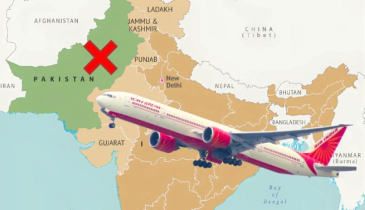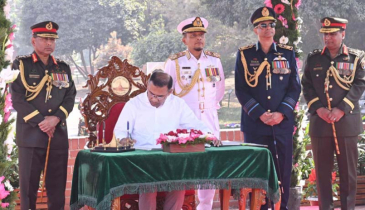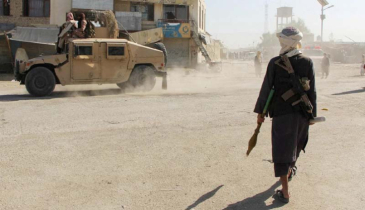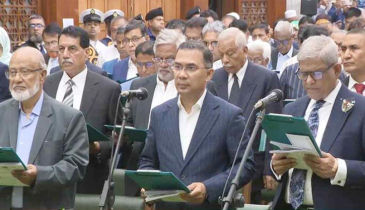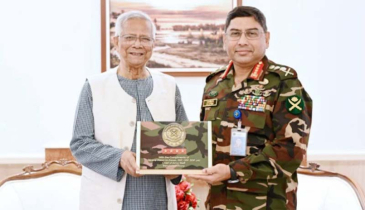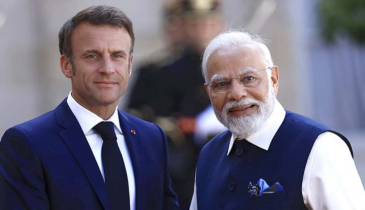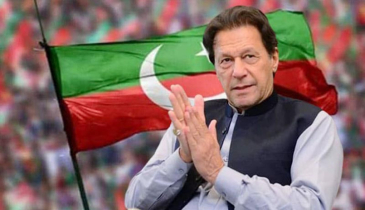China, Pakistan to strengthen security ties amid regional tensions
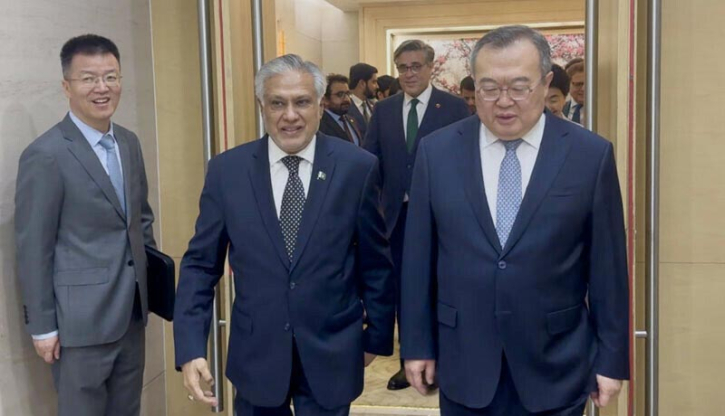
Pakistani Foreign Minister Ishaq Dar’s ongoing visit to China is expected to underscore growing defense and security cooperation between the two countries, a development likely to be met with unease in India, according to regional analysts.
Dar, who also serves as Pakistan’s deputy prime minister, arrived in Beijing for a three-day visit, his first foreign trip since recent military tensions with India. Although the visit had reportedly been scheduled before the escalation, its timing and agenda may be perceived by New Delhi as a political signal of Beijing's alignment with Islamabad. Dar is set to hold bilateral discussions with Chinese Foreign Minister Wang Yi and participate in a trilateral strategic dialogue involving Afghanistan’s acting foreign minister.
Experts suggest that defense cooperation will be a key focus of the meetings. Lin Minwang, deputy director at Fudan University’s Centre of South Asia Studies, noted that both countries have likely developed a stronger appreciation for military collaboration in the wake of recent cross-border hostilities.
"Pakistan’s deployment of Chinese-made fighter jets and missile systems during the recent skirmishes has likely reinforced the strategic value of their defense relationship," Lin said.
One of the most discussed developments from the recent conflict was Pakistan’s alleged success in downing French-made Rafale jets using the J-10C fighter, outfitted with Chinese PL-15 long-range air-to-air missiles. This has brought renewed attention to Pakistan's reliance on Chinese military technology, which comprised approximately 81% of the country's arms imports between 2020 and 2024, according to data from the Stockholm International Peace Research Institute (SIPRI).
Beyond security, economic cooperation is also expected to feature prominently in the talks. With Pakistan grappling with high inflation, trade imbalances, and mounting debt, closer economic ties with China may offer some relief. The China–Pakistan Economic Corridor (CPEC), a major component of Beijing’s Belt and Road Initiative, remains central to bilateral engagement.
The backdrop to these discussions includes heightened tensions following a deadly attack on April 22 in Indian-administered Kashmir, which claimed 26 civilian lives. India has accused a Pakistan-based militant group of orchestrating the attack—an allegation that Islamabad has firmly rejected.
.png)


